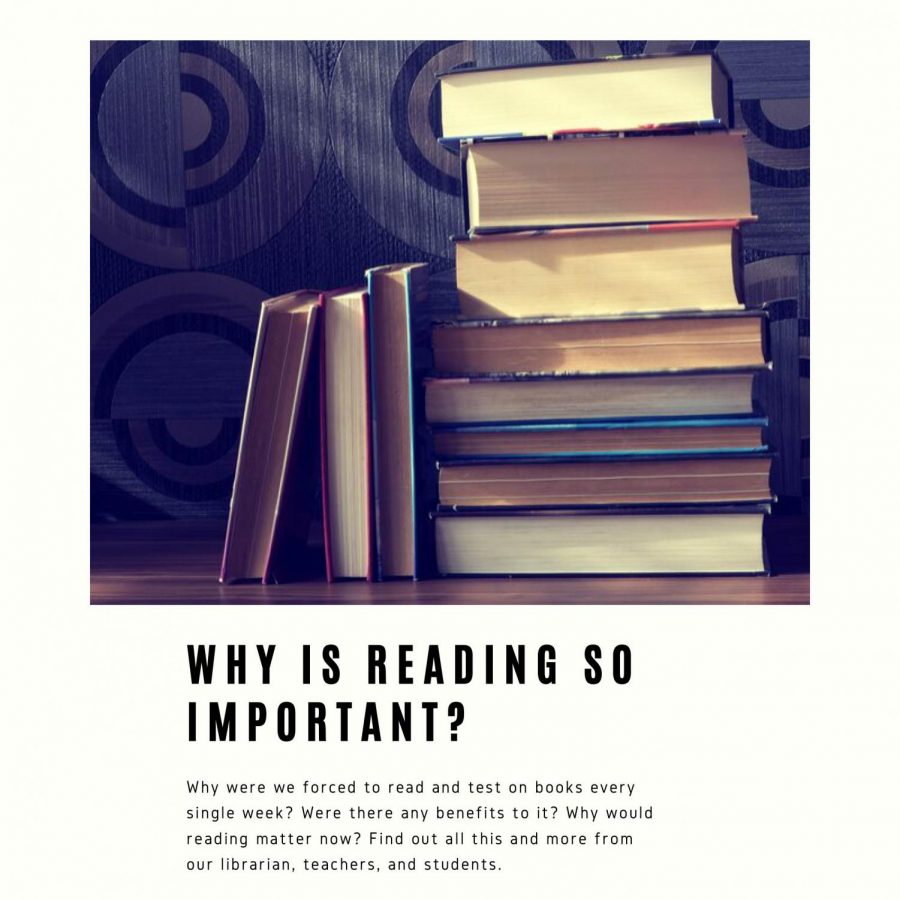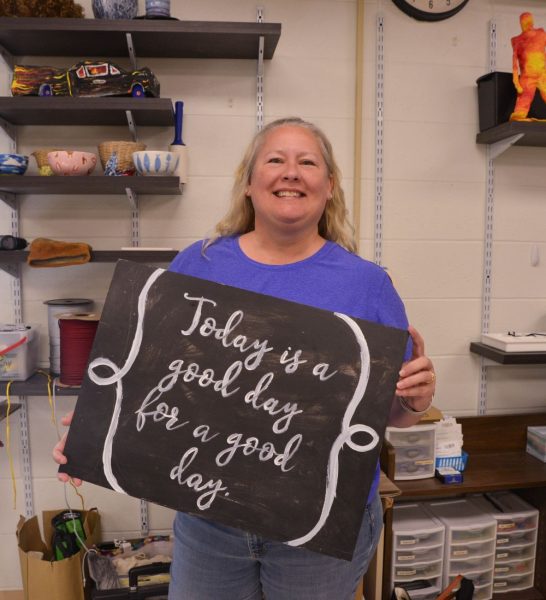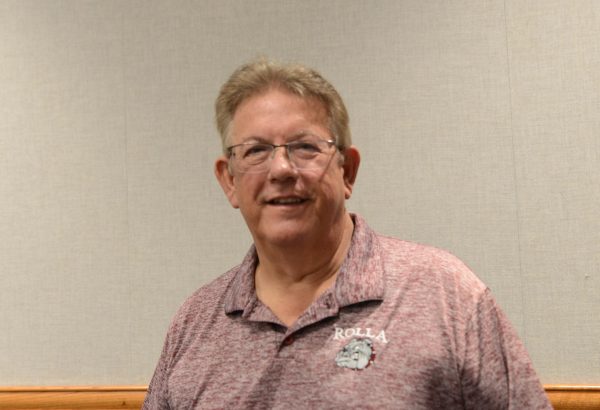Reading is a foundation that relates to all career choices
After just celebrating Banned Books Week, which emphasizes the dangers of censorship placed on reading materials for students, we are all called to think twice about why literacy and reading matters.
“Any time spent reading will improve speed, accuracy, vocabulary — which in turn helps with all areas of study. No matter what industry a student chooses to go into, reading and writing will be a key component,” high school librarian Jessie Kirkbride said.
The truth is we use reading every single day of our lives and it will never go away. If we are able to look into a text and figure out what it truly says and what it calls for us to do, we will succeed no matter what we end up doing. Reading and learning about others prepares us for the diverse work environments and communities we will soon be a part of once we leave high school.
“I think gaining an understanding not only of oneself, but the rest of the world is an essential part of being an adult,” AP Literature teacher Star Hargis said.
When teachers ask us to dig deeper into a story and annotate what we think is important, it is showing the values that we hold close to us. The parts that we may not find as pertinent can enlighten us on what other people think and struggle with. In the “real world’ you have to be able to listen to others and anticipate their needs. Reading sets up the foundation of this skill.
However, one of the reasons that many students fell away from books was Accelerated Reader, which we were all required to do from the time we started learning how to read until our freshman year. AR was a fantastic thing for elementary school. It made us learn reliability to complete projects and gave us something to look forward to, a constant for our ever changing little lives.
“Sometimes if we get in the practice of doing something daily, it becomes a habit, and then eventually something that we miss if we don’t get that time,” Kirkbride said.
However, there is a point where AR can start to inhibit a young reader. We were supposed to keep reading and increase the number of points we had to attain each quarter even though we were getting into higher, harder classes. Then, we were told to only stick to certain books.
“I felt stuck in the reading range and I couldn’t read all the books that I wanted to,” senior Laney Drabczyk said, “When students get to junior high, they start to crave freedom. They want to start making their own decisions and choosing for themselves what to read and learn. Accelerated Reader was an amazing tool when we were younger. It just needed some adjustments the older we got. Another reason kids don’t want to read is more subconscious: they want to find the “right” answer in a book, instead of just learning something new.”
In some aspects, doing a problem set in chemistry or a page full of graphs is easier because you know exactly what you are looking for. Books can be chock full of hidden meanings and themes that are hard to pick up on, making it seem like whatever answer you write down is wrong.
“You know, when you’re reading you’re asked to contemplate, think, understand, analyze, go subtextual, whereas with other assignments you have an objective goal; you have clear cut right answer and it feels like it’s so much more attainable, where reading does not feel that way sometimes,” Hargis said.
But that’s where the beauty of reading comes in; there is no right answer. The book relays common themes that you can then project onto your own life, possibly learning something new about who you are and what you value.
“I love learning without realizing that I’m learning. And that’s what happens with reading, is that by the end of the book, I’ve learned something about myself even though the book wasn’t about me at all,” Drabcyzk said.








